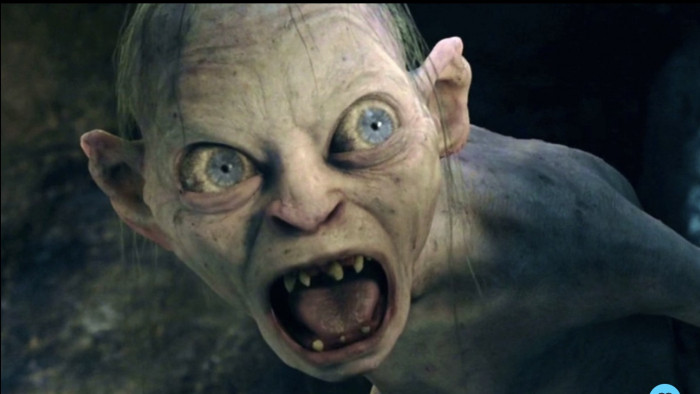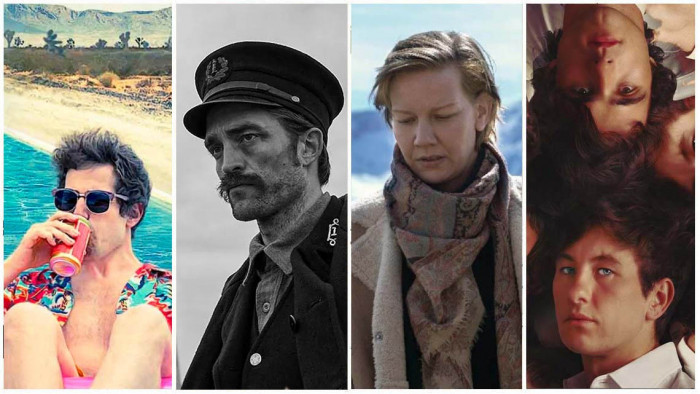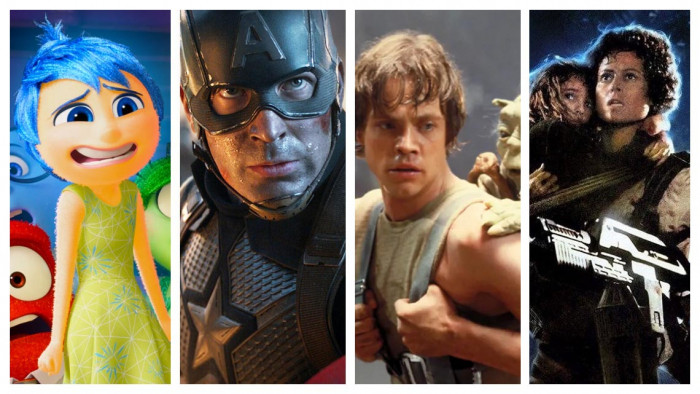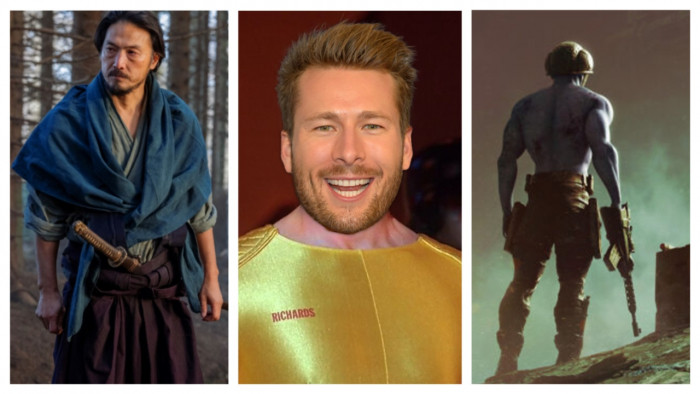Hollywood’s golden boy. Denmark’s ultra violence king. Real Muay Thai fighting. No dialogue. Is this the most deranged martial arts film ever? Ryan Gosling and Nicolas Winding Refn are following Drive with the experimental Only God Forgives. Emily Phillips asks the director why he’s risked everything.
It all started with an REO Speedwagon song. Ever since Nicolas Winding Refn, the Danish-born Brooklyn native behind Bronson and Pusher, sang tearfully along to Can’t Fight This Feeling to convince Ryan Gosling that he was the only man to give Drive enough night-cruising credibility, the bond between the two men has gone from strength to strength.
Their second collaboration, Only God Forgives, is another strong, silent role for the star, and another set of heads to be kicked in for the director – Gosling plays a drug-dealing Muay Thai ring owner in a game of revenge with a Bangkok lawman. But, after the crossover success of their previous film, will the grisly themes and lack of dialogue be too dark for their fans?
We got behind the director’s dark shades (he was indoors but jetlagged, to be fair) long enough to find out what it is that makes the Gosling-Winding Refn union so electric, and how Pretty Woman inspired their martial arts foray.
We read that you and Gosling lived together while making Only God Forgives. Was it quite rowdy?
We were very close neighbours. He’d mostly come over to mine because I had all the kids. Eva [Mendes] and her sister came, so we were very responsible. I don’t drink alcohol, he is very calm and mature. It was like Sylvanian Families.
How often do you talk off-set?
There is an almost telekinetic connection, which makes it easy to work together. We certainly socialise and connect regularly. If we’re in LA, we hang out and do guy stuff. I have a very mundane life – I have a wife and kids, so I go to bed early. Usually Ryan comes over and hangs out, or we go for a drive at night and go to all-night cafés. It’s a bit like Drive.
You faced financial ruin when your film Fear X flopped. Are you worried about how the weirder elements of Only God Forgives will be received?
No, because there are many reasons why Fear X didn’t work. It was too expensive for what it was worth, everything was wrong. Also, it was made for the wrong purpose. I made the film thinking it would be great art, and I failed. And then when I went back and completed the Pusher trilogy, Bronson, Valhalla Rising, Drive and now Only God Forgives, the idea of making films [like that] became what it was all about, and I enjoyed it so much more. I just make films about what arouses me and am not so concerned with the perception of them.
So you put Ryan through his paces for Only God Forgives. How much training did he do?
A lot. Before he went to Thailand he trained, when he came to Thailand he trained every other day. Because the real Muay Thai fighting is a way of life. When you’re very young you learn it, and you master it over many years. It’s an incredible, fascinating art form.
How much Muay Thai was stripped out of the film from the original script?
Not a lot. It had maybe one more fight that I eliminated, but that was because it felt repetitive. That’s the challenge with martial art films – when does it just repeat itself? And the more it does, the more it becomes like bad pornography. Emotionally, we connect, but really we expect violence in fiction to have a consequence. If people go on fighting with no consequences, it becomes really un-erotic.
What is it about Muay Thai, rather than other martial arts, that made you want to base a film around it?
It’s very pure and extremely violent. Real Muay Thai isn’t about how many times you hit someone. It’s the right kick, punch, at the right moment to finish the fight. It’s two scorpions fighting. Just the feel of the training is fascinating – what the people go through is extraordinary. And so, of course, Ryan had to train a lot – just like Vithaya [who plays police chief Chang]. Because most fight scenes are filmed with stunt actors, or you shoot them in a way where you can cut a fight scene together. But I wanted them to fight for real, so they had to have impact.
How did Ryan cope with that? Is he handy in a fight?
Ryan is in very good shape, and as an actor, he relishes the challenge of that process. Because when you learn that in the end, he was going to take all the punches. He was going to be getting his ass kicked all the way, and falling on concrete floors. All those things that are extremely painful.
It’s interesting that you followed Drive with an arthouse martial arts film. Most directors would have done something more commercial.
Whenever I have a formula that starts to grow, I quickly deconstruct it so I don’t get too comfortable. Once you find a recipe for success – both financially and creatively – the easiest thing is to repeat it. There is a very human comfort in wanting that. At the same time, the enemy of creativity is that mode of thinking, in my opinion.
So are you a fan of martial arts films?
Not fanatically. I’m not an expert.
Are there any films that have influenced you, though?
I guess Enter The Dragon. There’s a film called The Streetfighter with Charles Bronson, which is magnificent, directed by Walter Hill, and has a brilliant fight scene at the end. I was actually inspired to make that fight sequence in Only God Forgives. I’ve seen all the later ones – Yamada [The Samurai Of Ayothaya] was great, Ong-Bak was great, all those kind of ballet fight sequences were very effective, but they work in a different way. They’re more designed, because the people that can do them are able to do things that require years of training. But then I love watching Jason Statham do that.
So is Jason someone you’d like to work with?
Well I’ve always liked Jason, so maybe one day. It’s all a mystery. I originally offered him the role of Bronson and he turned me down. He was my first choice. I even met with him about it, but it didn’t work out.
Is it true you’re planning a comedy with Ryan next?
It’s true. We need to do something different. A lot of dialogue: not a silent movie.
Any idea what it’d be about?
I can’t tell you that, I’d have to kill you.
And you’re doing a Barbarella TV show, too. What will it be like?
We have to reinvent her. I think my Barbarella is based more on the comic book than the movie. She is a little bit different in the comic book.
And apparently you’re thinking about doing a Valhalla Rising sequel set in Tokyo?
I’ve been talking to Mads [Mikkelsen] about doing another movie together, and I suggested doing a movie in Tokyo. And then certain people took liberties [with the quotes]. If I were ever to do a continuation of that film, it would take place in the future. Mads is great with his hands, and his whole bodywork. He’s a bit like Bruce Lee in his dance background. He can move like a butterfly and sting like a bee.
Finally, you seem to draw inspiration from all sorts of places. Any surprising influences?
A film I tend to look at every once in a while is Pretty Woman. It’s an incredible invention, and the nature of the film is so unique, because it’s about perception and how you can take something that is so dark and sinister and trick it into a Cinderella story. That, to me, is pure genius. It’s very clever, it is almost like an installation.
Only God Forgives is at cinemas nationwide from 2 August
Latest
Related Reviews and Shortlists


10 of The Best Spike Lee Joints


The best movies on Netflix: this is what to watch








